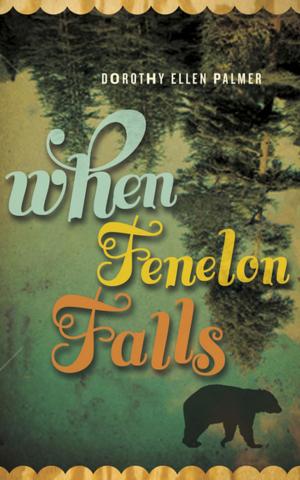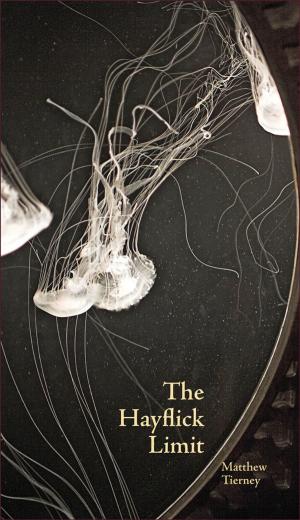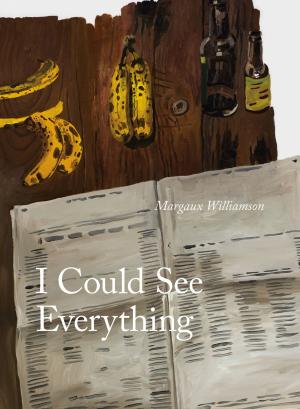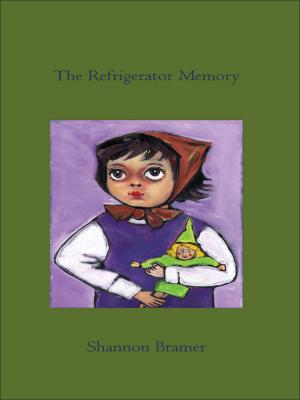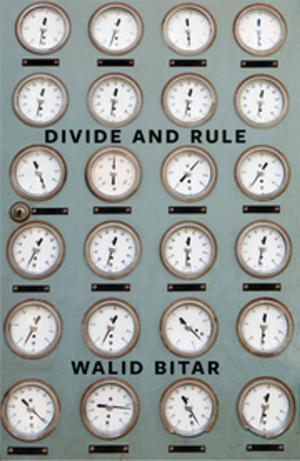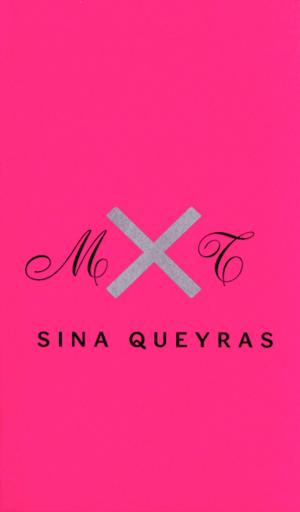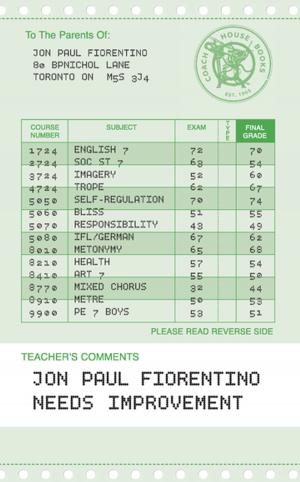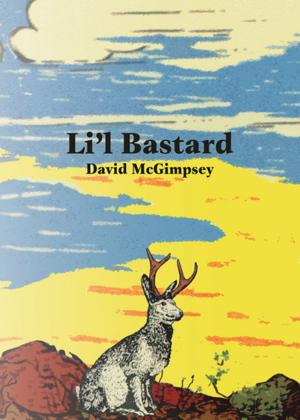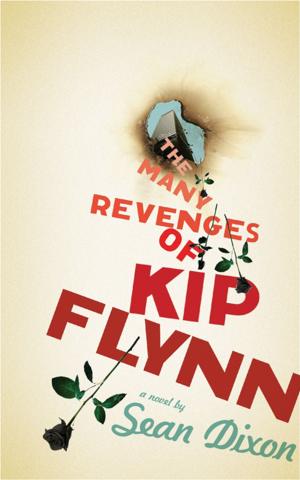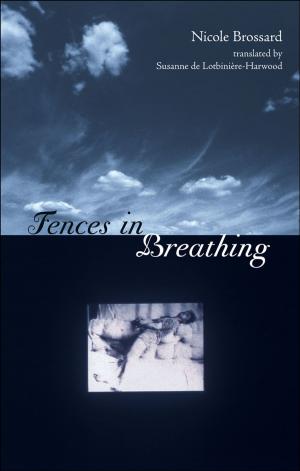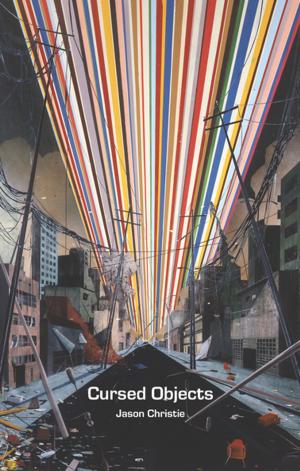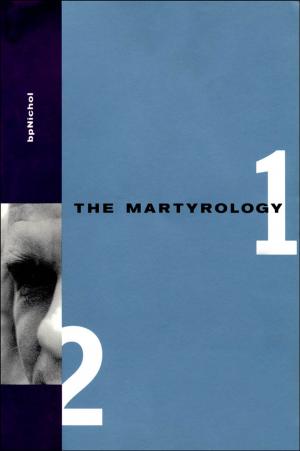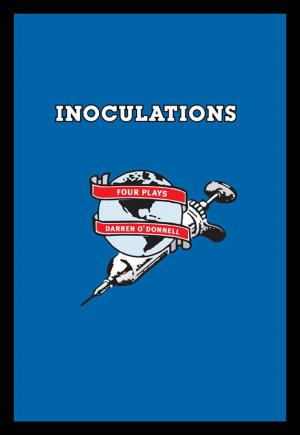| Author: | Helen Hajnoczky | ISBN: | 9781770564411 |
| Publisher: | Coach House Books | Publication: | May 1, 2016 |
| Imprint: | Coach House Books | Language: | English |
| Author: | Helen Hajnoczky |
| ISBN: | 9781770564411 |
| Publisher: | Coach House Books |
| Publication: | May 1, 2016 |
| Imprint: | Coach House Books |
| Language: | English |
The word "magyarázni" (pronounced MUG-yar-az-knee) means "to explain" in Hungarian, but translates literally as "make it Hungarian." This faux-Hungarian language primer, written in direct address, invites readers to experience what it's like to be "made Hungarian" by growing up with a parent who immigrated to North America as a refugee. In forty-five folk-art visual poems each paired with a written poem, Hajnoczky reveals the beauty and tension of first-generation cultural identity.
‘Because translation between cultures is always fraught – and yet somehow translate we must – Magyarázni explores language and cultural identity in the permeable space fomenting between family and society, word and image initiating us into a new alphabet of lived meaning. In reading we wonder along with Magyarázni’s wandering “you,” we care and get entangled in the “brambles of your cursive,” we too are “made Hungarian.”’
– Oana Avasilichioaei
‘Familiar but out of reach, Magyarázni reforms the language of home on the tip of your tongue, a language of knotted cursive and bubbled syntax; folksong and stovetop. Each letter blossoms as a hand-drawn flower and a sputtering drone of spits and pith. Magyarázni punctuates every I with a poppy seed, every C with the splintered foil of a solemn treat. Mournful and personal, Magyarázni calls out for the language of family.’
– Derek Beaulieu
The word "magyarázni" (pronounced MUG-yar-az-knee) means "to explain" in Hungarian, but translates literally as "make it Hungarian." This faux-Hungarian language primer, written in direct address, invites readers to experience what it's like to be "made Hungarian" by growing up with a parent who immigrated to North America as a refugee. In forty-five folk-art visual poems each paired with a written poem, Hajnoczky reveals the beauty and tension of first-generation cultural identity.
‘Because translation between cultures is always fraught – and yet somehow translate we must – Magyarázni explores language and cultural identity in the permeable space fomenting between family and society, word and image initiating us into a new alphabet of lived meaning. In reading we wonder along with Magyarázni’s wandering “you,” we care and get entangled in the “brambles of your cursive,” we too are “made Hungarian.”’
– Oana Avasilichioaei
‘Familiar but out of reach, Magyarázni reforms the language of home on the tip of your tongue, a language of knotted cursive and bubbled syntax; folksong and stovetop. Each letter blossoms as a hand-drawn flower and a sputtering drone of spits and pith. Magyarázni punctuates every I with a poppy seed, every C with the splintered foil of a solemn treat. Mournful and personal, Magyarázni calls out for the language of family.’
– Derek Beaulieu

